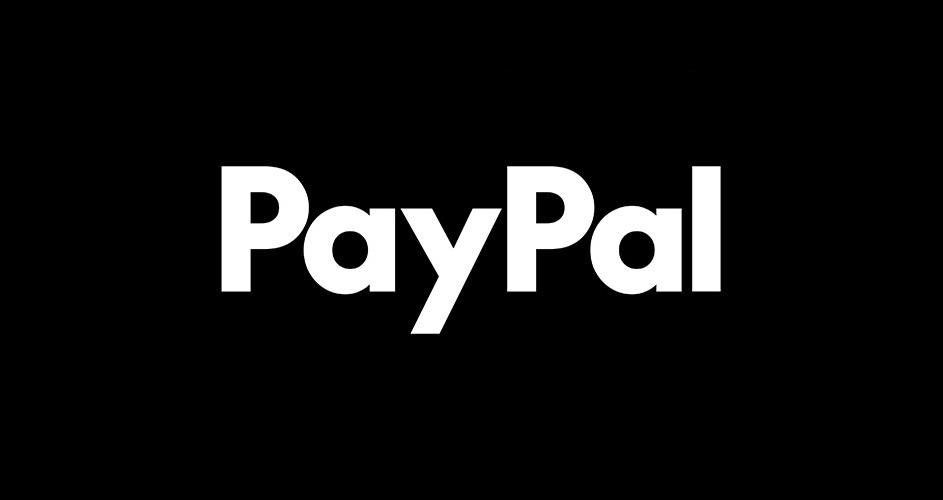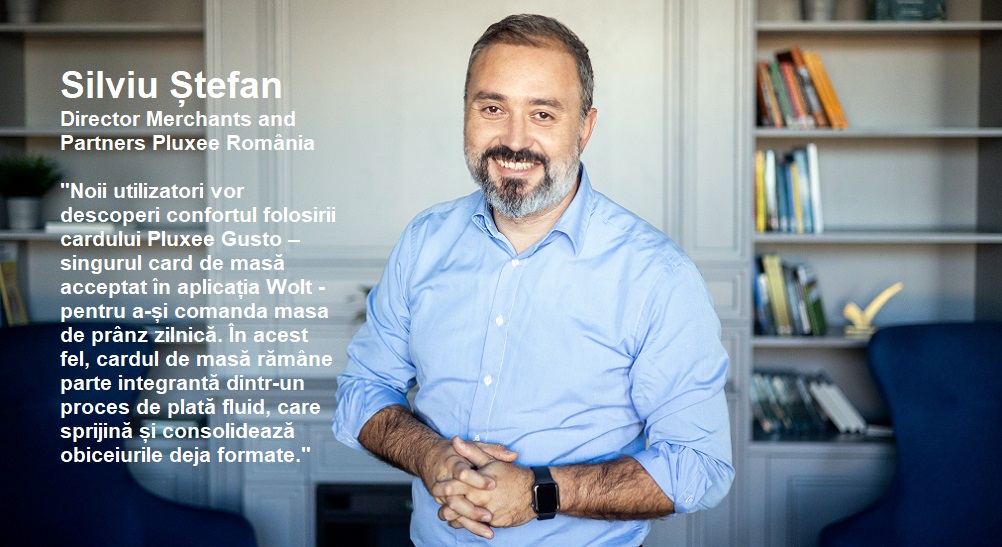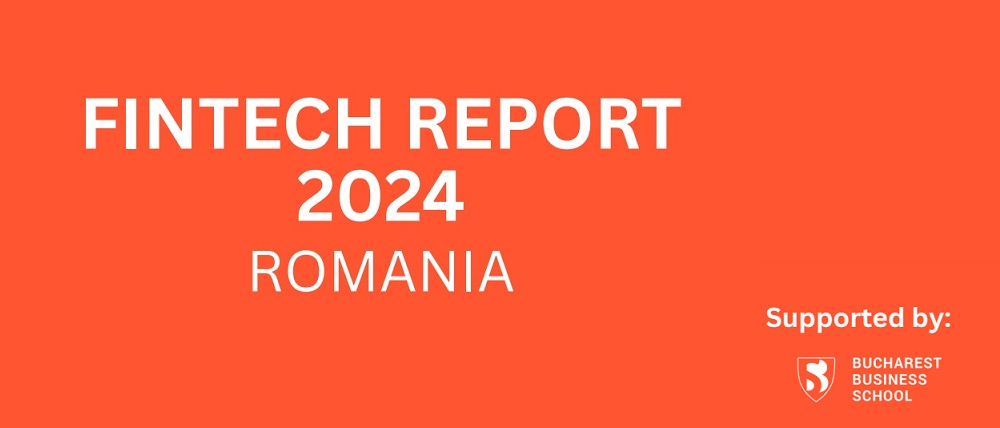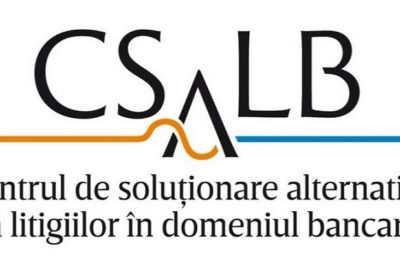150+ experts propose a shift towards a user-centric and high-trust identity paradigm: the Global Assured Identity Network. The GAIN digital trust report will be presented at Banking 4.0.

Instead of logging in directly, an EndUser asks a trusted and regulated provider (e.g., their bank, telecommunications provider, or another regulated entity) to verify that they are the person and/or have the credentials that they claim. Rather than managing over 100 passwords, people will bring their identities with them and exercise greater control over data about them.
How Financial Institutions are taking a leadership role in the Digital Economy by establishing a Global Assured Identity Network by over 150 individual digital identity and banking contributors as part of a “no logo, no sponsor, pro bono” open source initiative.
The lack of verified Digital Identity presents an urgent problem and a meaningful opportunity for society. There are substantive risks to unfettered anonymity, ranging from the spread of misinformation to the enablement of criminal markets.
Meanwhile, to engage in the digital economy, individuals disclose myriad private data, including biometrics, with organizations that may sell, misuse, or lose it. Yet, digital engagement is a key driver of economic growth – and inclusive participation requires access to high-trust identity verification services.
The 150+ authors of this paper propose a shift towards a user-centric and high-trust identity paradigm: the Global Assured Identity Network (GAIN). Instead of logging in directly, an EndUser asks a trusted and regulated provider (e.g., their bank, telecommunications provider, or another regulated entity) to verify that they are the person and/or have the credentials that they claim. Rather than managing over 100 passwords, people will bring their identities with them and exercise greater control over data about them. This high-trust identity assurance, therefore, introduces an accountability layer to the internet even as it increases privacy and security.
This paper is directed at the leaders of Financial Institutions and is intended to catalyse a collaborative effort to develop the GAIN. Taking such action plays into core strengths, puts capital-hungry assets to work, and staves off disintermediating threats. Financial Institutions have done this before: they built global rails for trade, cards, digital payments, and securities.
Similarly, institutions whose leaders recognise that Digital Identity is a critical frontier for the global economy will drive this transformation. Underpinned by broad collaboration and strong principles, such as those put forward by the World Economic Forum, it paves the way for greater inclusivity and access – even for today’s unbanked populations.
The knowledge, skills, and technology exist to deliver the GAIN: it is now a matter of those with high-trust identity data – starting with Financial Institutions – joining together to unite disparate schemes and achieve the global reach required to underpin a truly digital economy.
The GAIN Proof-of-Concept will be shared at the 2021 IIF Annual Membership Meeting on 14 October in Washington, DC.
Read the white paper – Gain Digital Trust
Dariusz Mazurkiewicz – CEO at BLIK Polish Payment Standard
Banking 4.0 – „how was the experience for you”
„To be honest I think that Sinaia, your conference, is much better then Davos.”
Many more interesting quotes in the video below:










